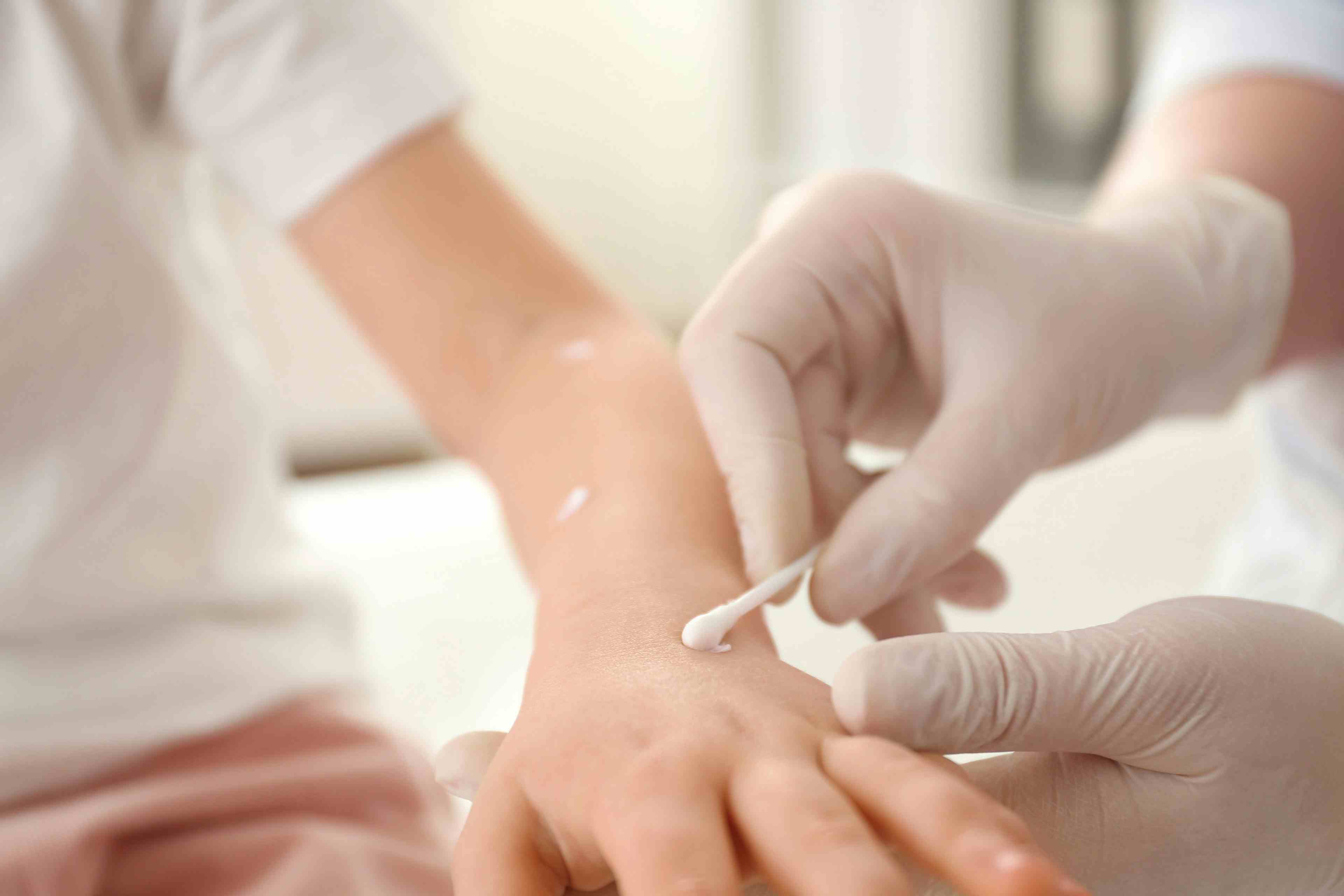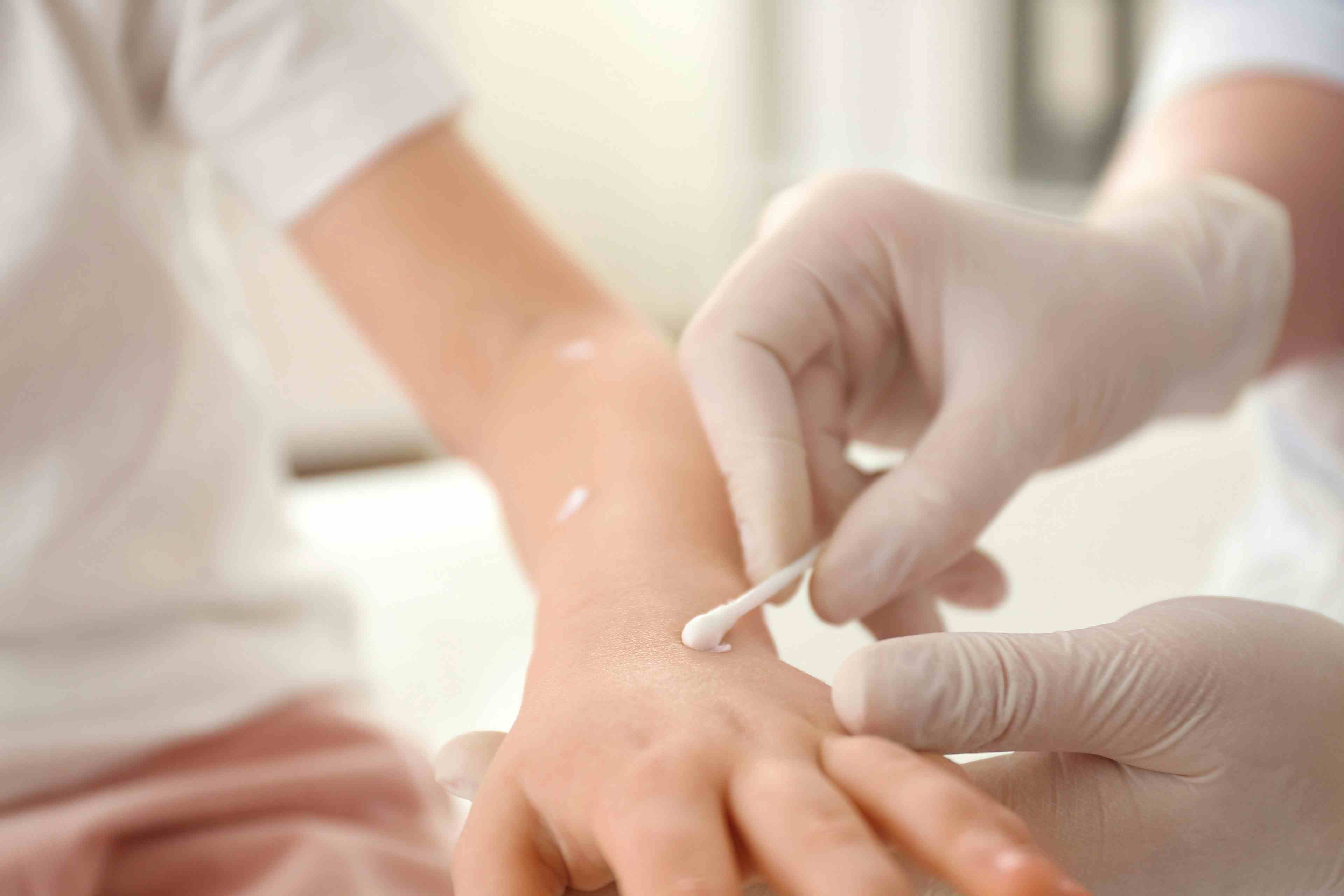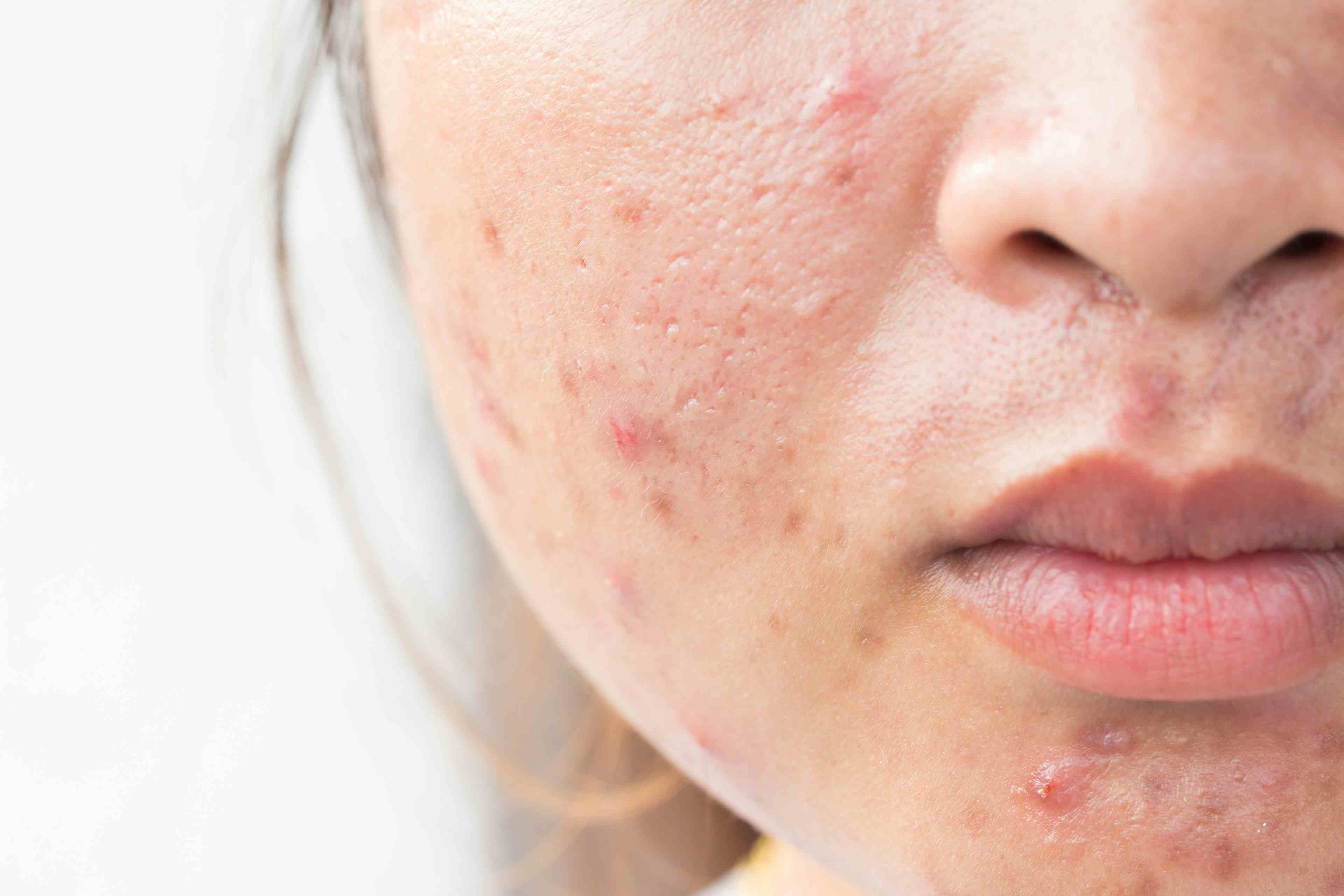- Acne
- Actinic Keratosis
- Aesthetics
- Alopecia
- Atopic Dermatitis
- Buy-and-Bill
- COVID-19
- Case-Based Roundtable
- Chronic Hand Eczema
- Chronic Spontaneous Urticaria
- Drug Watch
- Eczema
- General Dermatology
- Hidradenitis Suppurativa
- Melasma
- NP and PA
- Pediatric Dermatology
- Pigmentary Disorders
- Practice Management
- Precision Medicine and Biologics
- Prurigo Nodularis
- Psoriasis
- Psoriatic Arthritis
- Rare Disease
- Rosacea
- Skin Cancer
- Vitiligo
- Wound Care
Article
Head lice becoming resistant to permethrin
Author(s):
Head lice may be growing resistant to the insecticide permethrin, French researchers say.
Paris - Head lice may be growing resistant to the insecticide permethrin, French researchers say.
Although lice remain susceptible to the insecticide malathion, about 14 percent were resistant to permethrin, which suggests a strong basis for future insecticide resistance, HealthDay News reports.
Sophie Bouvresse, M.D., of Henri Mondor Hospital, Paris, and colleagues conducted a study to evaluate the occurrence of permethrin- and malathion-resistant head lice in 14,436 school-aged children. Live head lice were found in 574 children.
The researchers found that no lice survived after an hour of malathion treatment, while 85.7 percent of lice died after a one-hour exposure to permethrin and piperonyl butoxide. Of the 670 lice for which DNA could be studied, 98.7 percent were homozygous for the “knockdown resistance” mutation, which confers resistance to permethrin, suggesting a strongly established insecticide resistance in this population, HealthDay News reports.
“Further studies are necessary to identify all contributors to pyrethroid resistance, such as head louse attributes and possible host factors,” the study authors wrote. “Long-term surveillance of insecticidal resistance could be important to guide therapeutic strategy for head lice.”
The study was published in the Journal of the American Academy of Dermatology.
Go back to the Dermatology Times eNews newsletter.
Newsletter
Like what you’re reading? Subscribe to Dermatology Times for weekly updates on therapies, innovations, and real-world practice tips.
















